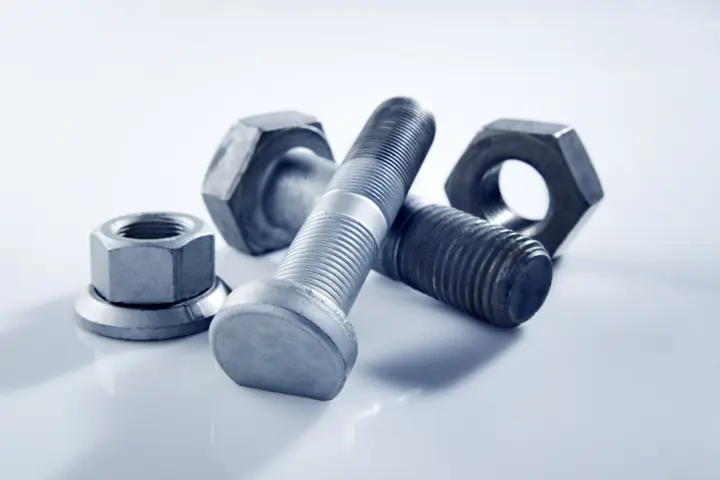The complexity of threaded joints in high-quality series production is usually underestimated.
Winterthur, April 2019 – Fastening is one of the most frequently used industrial joining methods – a crucially important technology in many industries, above all in the automotive sector. By investing heavily in this technology over recent years, Kistler aims to be a single-source supplier of know-how and quality assurance, offering customers everything from analysis of individual threaded joints to tool testing and process monitoring.
It comes as no surprise that threaded joints play an increasingly critical part in industrial production all over the world – after all, they are key factors in ensuring safety, reliability and functionality. You might suppose that joining two or more parts together permanently with a fastener is a straightforward process – but it proves to be a major challenge, especially in series assembly where vast quantities and ever-shorter cycle times are called for. A glance at the automotive industry market proves the point convincingly: hardly a year goes by without an automobile manufacturer being forced to launch a recall action because of faulty threaded joints.
According to estimates by the consulting firm Archetype Joint LLC, the automotive industry assumes that 70% of warranty costs and 20% of all recall actions are caused directly or indirectly by faulty threaded joints. But these joints also figure prominently in other industrial sectors such as wind power and electronics manufacturing. Wind turbines are held together with massive M48 bolts, whereas everything in an intricate electronic component has to fit into the smallest possible space. Two very different industries, but they face very similar challenges: how can preloading forces be precisely reproduced? Once the threaded joints are assembled, how can their quality be tested? And how is it possible to investigate the long-term effects of real loads such as vibrations?
Quality assurance boosts cost-efficiency
The quality of threaded joints is one of the key factors that determine the business success of any manufacturing enterprise. The consequences of faulty joints can quickly damage a company's reputation – not to mention the risks for end customers in industries such as automobile manufacturing. This why quality assurance is expected to meet ever-higher standards. Oliver Schnerr, Head of Sales in Kistler's IPC Division, outlines Kistler's approach: 'Our company's strategy-oriented management identified the crucial importance of threaded joints at an early stage, so investments were made in the necessary application know-how. And now, those efforts are paying off for Kistler's customers many times over: when it comes to quality assurance for production and assembly, we can offer our customers a whole series of leading solutions – to test individual threaded joints or torque tools, and to monitor the fastening process, among many others.'



